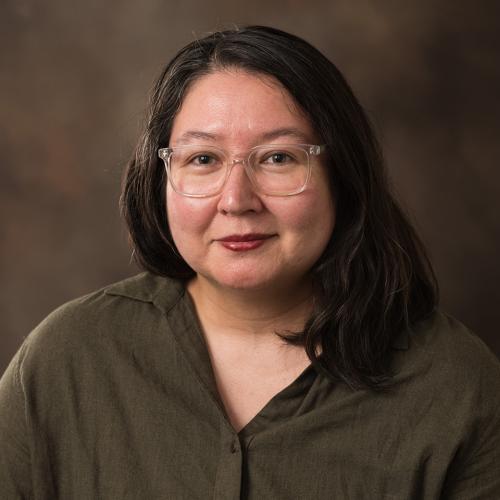The iSchool is pleased to announce that Emily Maemura will join the faculty as an assistant professor in January 2022. She recently completed her PhD at the University of Toronto's Faculty of Information, with a dissertation exploring the practices of collecting and curating web pages and websites for future use by researchers in the social sciences and humanities.
Maemura's research focuses on data practices and the activities of curation, description, characterization, and re-use of archived web data. She is interested in approaches and methods for working with archived web data in the form of large-scale research collections, considering diverse perspectives of the internet as an object and site of study. Maemura previously worked as an academic librarian at Ryerson University in Toronto. Her work has been published in the Journal of the Association for Information Science and Technology and the International Journal of Digital Humanities.
"I'm excited to join the iSchool's strong group of scholars working in digital humanities and data curation, and to engage in collaborative research on the sociotechnical dimensions of information infrastructures. In particular, I'm looking forward to engaging students in discussions of internet and web history, and the important role that web archives play in preserving digital cultural heritage for future generations," she said.
"We are delighted that Emily will be joining us," said Dean and Professor Eunice E. Santos. "Her research into web archives and holistic view of data collection and use will complement our School's research strengths in social sciences and humanities."
